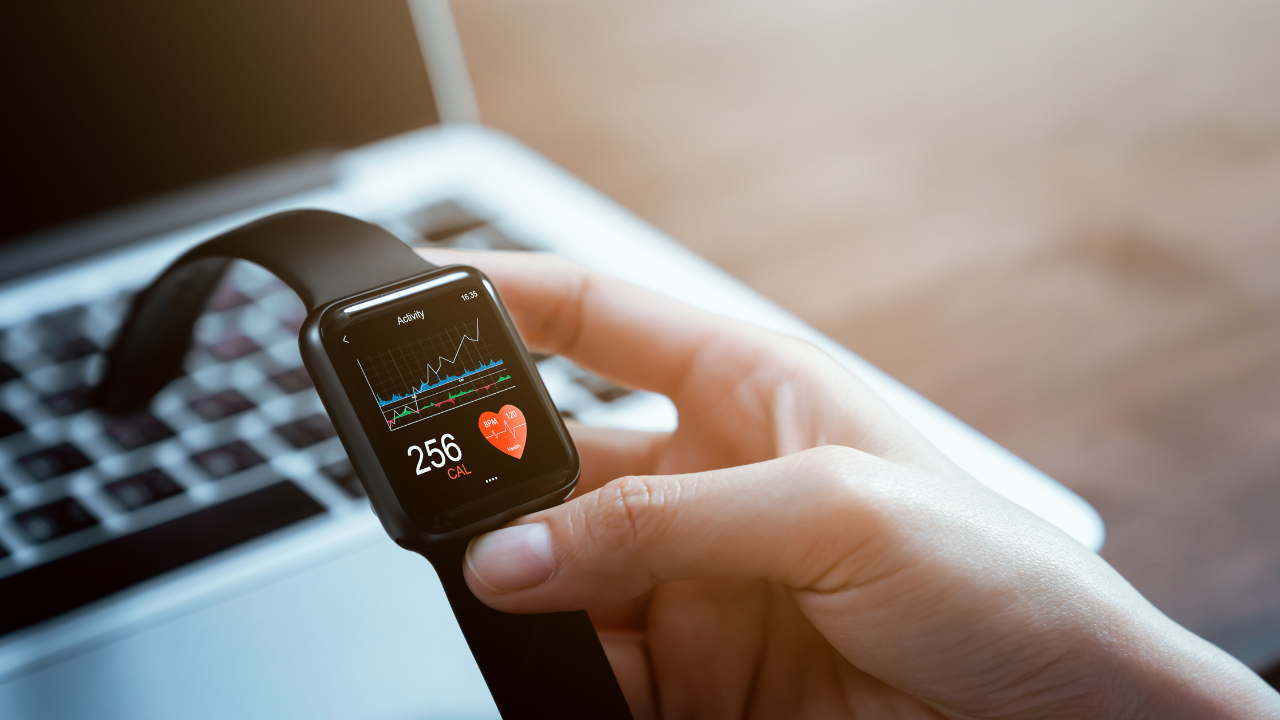Your Fitness Tracker is Most Likely Lying To You

Fitness trackers are all the rage right now. It's likely that you or someone you know wears some kind of wristband activity tracker and uses this device to monitor exercise and health. But is the data accurate?!
In 2017, researchers from the Stanford University School of Medicine found that seven of the major fitness trackers on the market were unable to accurately measure energy expenditure.[1] The most accurate device had an error rate of 27% while the most inaccurate device had an error rate of 93% *gasp*.[1]
This study is a prime example of why you shouldn’t base the number of calories you eat on how many calories your device says you burned. In fact, this could be one of the reasons that you may have been seeing a plateau in your weight loss. For example, if your tracker says you burned 300 calories and you decide to add those 300 calories back into your diet, you might not be in a calorie deficit anymore if your tracker is off.
Although your fitness tracker might be overestimating calories burned, it can still be a positive addition to your healthy lifestyle because it can often help motivate and inspire people to add more physical activity into their daily routine.
With that being said, if you are obsessing over your steps/calories burned per day, it may be a good idea to forgo using a fitness tracker altogether (especially if you have a history of disordered eating or an eating disorder).
Bottom Line: While fitness trackers may serve as a fun reminder to move more, the information they provide should be taken with a grain of salt. If you find that using these devices are motivating you, keep it, but if you’re obsessing over the data they provide, ditch it!
References:
- Dusheck, J. (n.d.). Fitness trackers accurately measure heart rate but not calories burned. News Center. Retrieved March 25, 2022.


